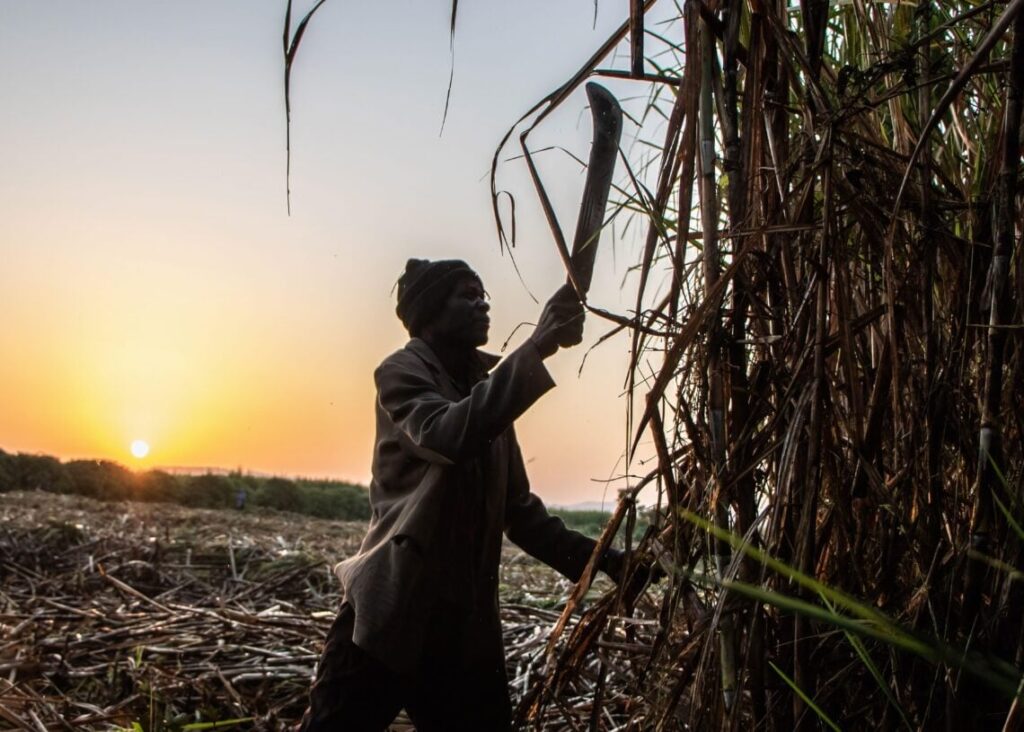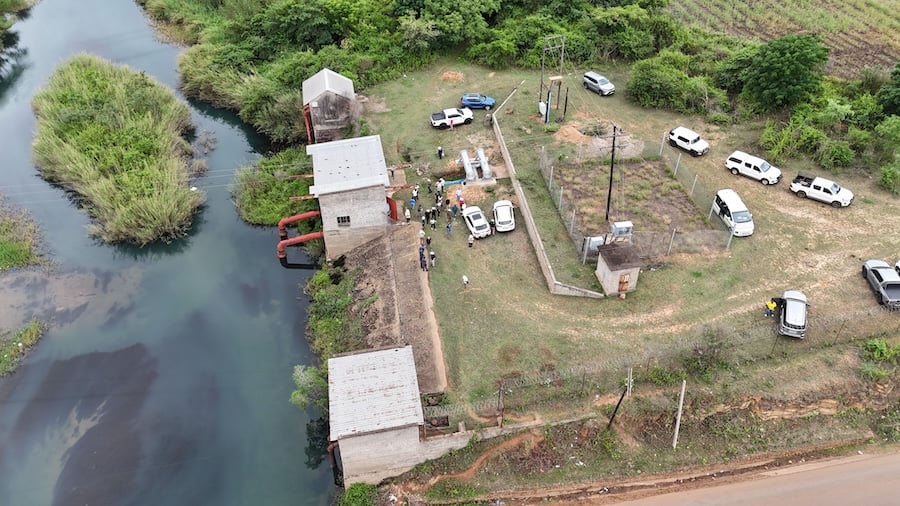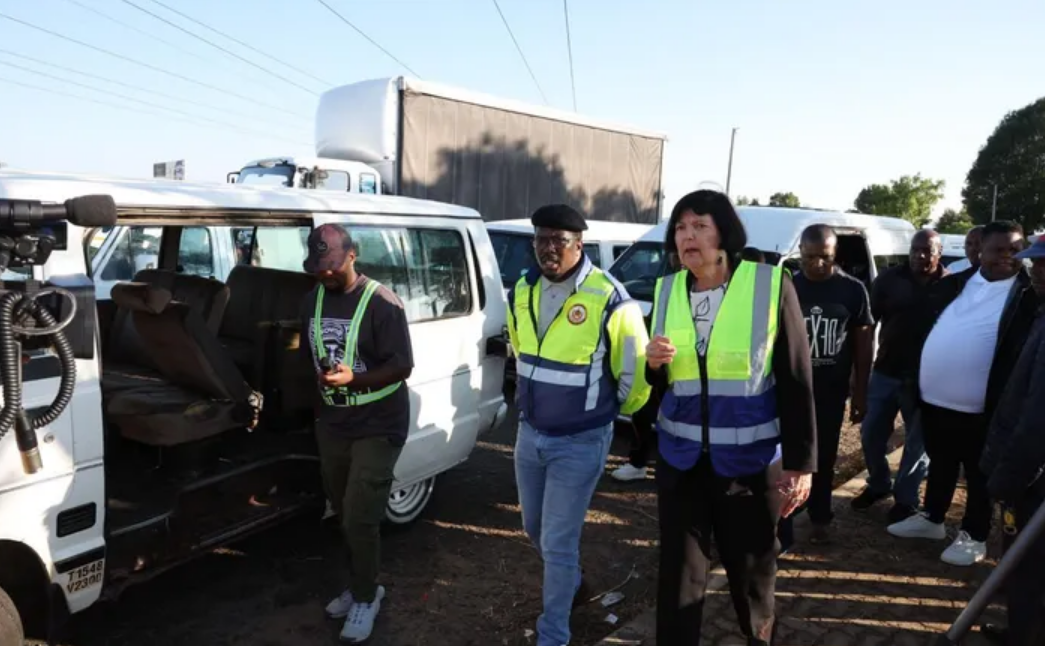Mandla Ndlovu, the Premier of Mpumalanga, has committed his provincial government’s support in helping to address various hurdles that Mpumalanga’s sugarcane value chain is facing, including the availability of irrigation water.
Credits: AfricanFarming
By By Duncan Mnisi
Mpumalanga’s sugar sector — a lifeline for thousands of growers and rural communities — is receiving renewed backing from the provincial government as it battles a combination of economic and environmental pressures.
Premier Mandla Ndlovu emphasised the industry’s strategic value, saying, “We have competitive advantages stemming from our proximity to mills and an experienced base of smallholder growers.”
He noted that the provincial government remains committed to supporting the sector through investments in infrastructure, land reform, and research partnerships aimed at promoting climate-smart and water-efficient farming practices.
However, the industry faces mounting threats. Water scarcity and increased irrigation costs, particularly in the Nkomazi area, pose significant challenges. “Limited water storage and a growing population restrict irrigation,” Ndlovu warned, underscoring the urgent need for improved water management.
Projects such as the Mountain View and Strathmore dams are considered critical to boosting storage capacity along the Crocodile River.
The sector is also grappling with the impact of imported sugar, which continues to undermine local producers. Since 1994, South Africa’s sugar value chain has undergone major transformation, including extensive land transfers from white to black owners and a rise in black sugarcane farmers.
Yet rising imports — influenced by global trade conditions, tariff decisions, and health levies — threaten the progress made.
Former South African Sugar Association executive Trik Trikam noted, “The industry has applied for tariffs to protect local farmers, but the challenge remains.”
He added that the sector is lobbying government to keep the sugar tax suspended until 2030 and has applied to increase the import tariff from US$680 to US$905 per tonne. “The envisaged tariff level will provide adequate protection from sugar imports displacing locally produced sugar,” he said.
RCL Foods echoed these concerns, highlighting additional pressures such as soaring electricity costs — up 82% in five years — and the fact that only 15% of the Crocodile River’s water is stored in dams, placing smaller growers at even greater risk.
Despite the challenges, the industry remains economically vital. Mpumalanga’s sugarcane alone contributes 21% to 24% of the national milling output, generating an estimated R5.5 billion annually.
The provincial industry supports more than a million livelihoods, reinforcing its importance to surrounding communities.
Ndlovu stressed the need for innovation and collaboration moving forward. “Let this engagement serve as a platform for renewal and collaboration,” he urged, adding that a resilient, environmentally responsible sugar industry is crucial for South Africa’s future.
As the sector faces both internal and external pressures, the long-term goal remains clear: ensuring sustainable growth and protecting local farmers.







